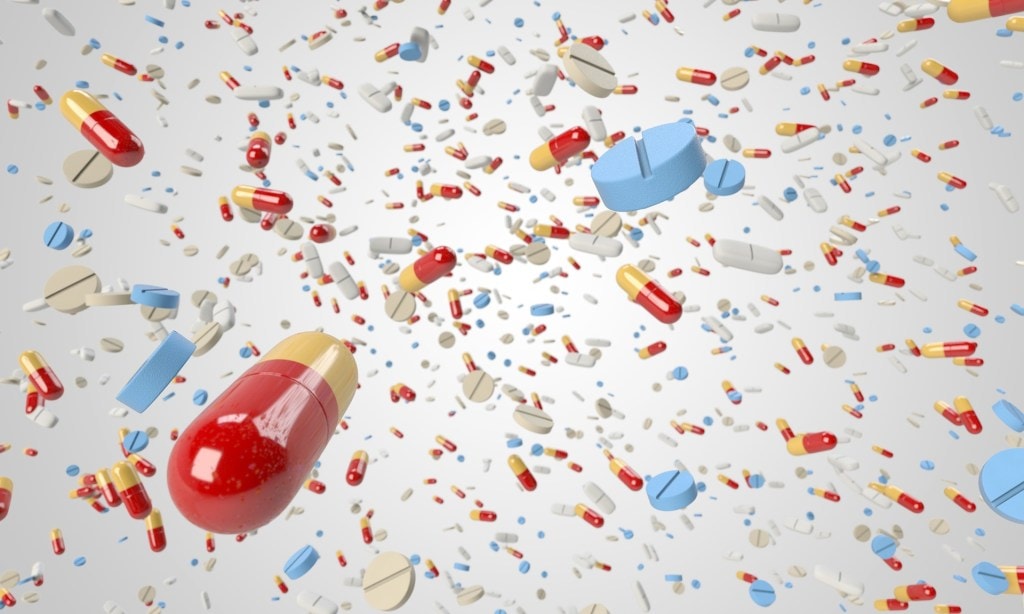Eli Lilly & Co. beat Wall Street’s estimates for third-quarter revenue as its star diabetes drug Mounjaro outran expectations. Quarterly sales of the blockbuster rose to $1.41 billion, Lilly said Thursday in a statement, up 44% from the three months ending in June and ahead of analysts’ average estimate of $1.26 billion.
The only thing on Lilly investors’ minds is the diabetes drug that’s widely expected to be approved as an obesity treatment soon. Nothing comes close “to matching Mounjaro’s importance to the company’s near-term earnings,” Bloomberg Intelligence analysts Sam Fazeli and John Murphy said in a note before the results were released.
Revenue in the third, quarter was $9.5 billion, outpacing the Street view of $9.02 billion. Adjusted earnings were 10 cents a share, compared with analysts’ average estimate of a 14 cents-a-share loss.
What Bloomberg Intelligence Says:
Eli Lilly’s confusing 3Q report — due to so many moving parts — resulted in no guidance change on a like-for-like basis, which may disappoint as key driver Mounjaro has again exceeded consensus.
Results for the rest of Lilly’s portfolio were mixed, JPMorgan analysts led by Chris Schott said in a note. Sales of Trulicity for diabetes, Lilly’s biggest drug, were $1.67 billion, missing analysts estimates, while third best-seller Verzenio for breast cancer beat expectations with $1.04 billion.
Still, Lilly remains “one of our favorite names in the group,” the JPMorgan analysts said.
Lilly’s shares were little changed before US markets opened. They’ve gained more than 50% so far this year through Wednesday’s close.
Growing Market
The global obesity market is expected to hit $100 billion by 2030, with Lilly and Novo Nordisk A/S leading the charge. Excitement about the expanding field has lifted both drugmakers to new heights. Lilly is now the most valuable health-care company in the world, while Novo, the maker of Ozempic and Wegovy, took the title of Europe’s most valuable company in September.
Both Lilly and Novo have struggled to keep up with demand for their products. Novo will continue to limit certain doses of its weight-loss drug Wegovy through next year, the Danish drugmaker said Thursday.
All doses of Mounjaro are now listed as available on the Food and Drug Administration’s shortage database. Volume of the drug has “significantly outpaced” prior launches of similar injectable products for type 2 diabetes, including Novo’s drugs, Lilly said in slides posted ahead of an investor call.
Profit for the year will be in the range of $6.50 to $6.70 a share, Lilly said, reflecting in-process research and development charges in the third quarter. The company left unchanged its revenue prediction of $33.4 billion to $33.9 billion.
Donanemab, Lilly’s experimental treatment for Alzheimer’s disease, is now expected to receive an approval decision early next year, Lilly said, rather than this year. In a final-phase trial of patients in the early stages of Alzheimer’s, the drug slowed the disease by 35% over a year and a half.







